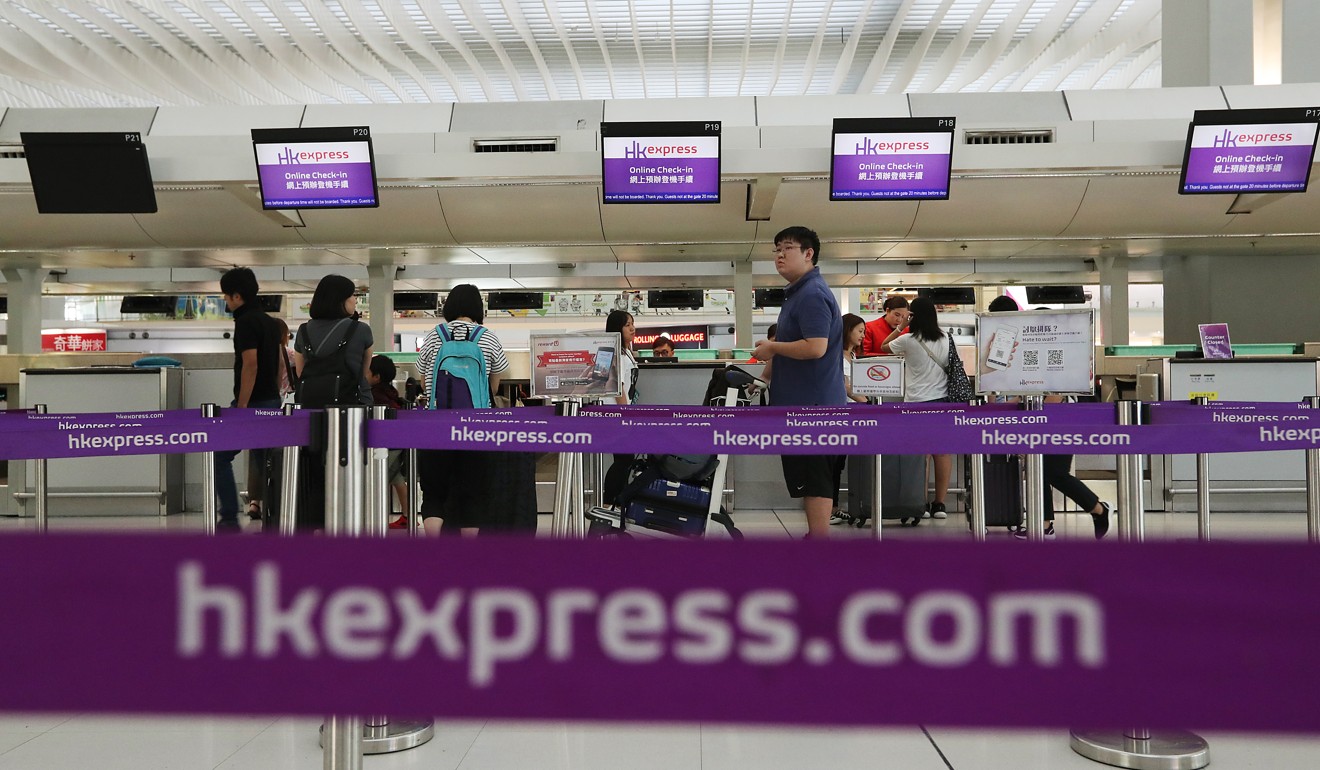
Consumer watchdog calls for better government protection after surge in Hong Kong online shopping complaints
Consumer Council revealed that complaints against online purchases jumped 23 per cent last year, compared to 2016
As shopping habits of Hong Kong consumers increasingly shift from physical to virtual, complaints against online purchases surged by over 20 per cent last year, alarming the city’s consumer watchdog, who called for stronger government protection for consumers.
The Consumer Council revealed that complaints against online purchases jumped 23 per cent last year, compared to 2016, resulting in 3,928 cases. The complaints were chiefly against purchases of air tickets and hotel accommodation.
E-commerce complaints involving sales practices, suspected fake products and alteration or termination of contracts increased massively, by 118, 168 and 332 per cent respectively. These complaints were for products or services worth over HK$10.8 million.
The council urged the government for stronger consumer protection regulations for those who make purchases on the internet to combat against surging e-commerce complaints.
Hong Kong consumers warm to online shopping, with a little help from Alibaba’s Singles’ Day
“When online shopping has become the norm in [people’s] lifestyle, consumer protection should also be in keeping with the times,” the council said in a year-end report on top consumer complaints in 2017.
“The government should regularly monitor the development of online purchase and devise suitable measures to strengthen the protection.”
The watchdog added that Hong Kong consumer protection was “seriously lagging behind” other jurisdictions, such as in Britain, the mainland and the European Union.

Last year, global e-commerce sales reached US$2.3 trillion dollars, an increase of 24.8 per cent year-on-year, according to research firm eMarketer. The worldwide trend is expected to continue as retail purchases move increasingly from brick and mortar shops to online retailers.
Meanwhile, in a yearly round-up of top consumer complaints received by the council against products or services, telecom services topped the list in 2017 – the 17th consecutive year it has held the unenviable crown. Complaints rose 8 per cent last year and accounted for 13 per cent of overall complaints.
The council blamed a price war between telecom operators last year for the rise in complaints.
“The council urged telecoms traders to refrain from sales tactics for new customers to the detriment of consumer interests, and to strengthen frontline sales teams in training and supervision,” the report said.
Explainer: Why do millions of people choose to shop online on November 11?
Budget airlines were highlighted in the report as complaints related to tourism totalled 2,484 cases in 2017 – climbing 27 per cent, the largest increase in the 10 top list of consumer complaints.
Over 90 per cent of overall complaints against budget airlines involved the sudden cancellation of flights in September by Hong Kong Express, which affected thousands of passengers travelling during the “Golden Week” and National Day holidays.

“Budget airlines with low airfares are a big draw to consumers but their standard of service still remains much to be desired,” the report said.
Household electrical appliances and telecom devices took third and fourth place, with 1,634 and 1,273 complaints respectively, but were down 10 and 30 per cent year-on-year.
Restaurants and entertainment rounded-out the list with 1,173 complaints in 2017, rising 4 per cent.
Overall, consumer complaints dipped 1 per cent in 2017.

